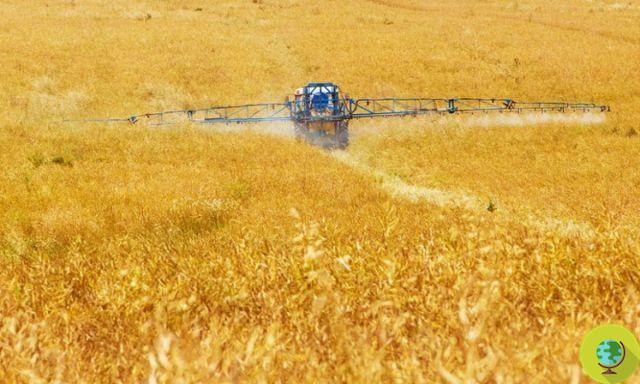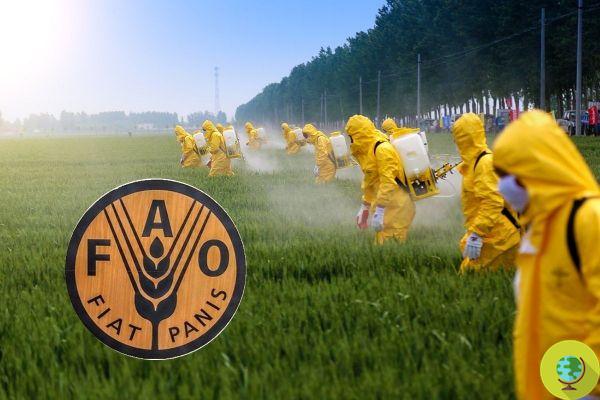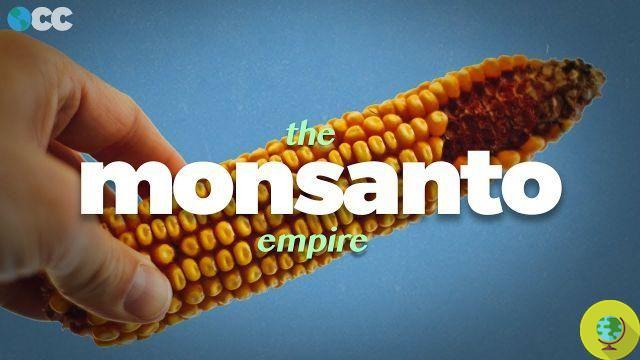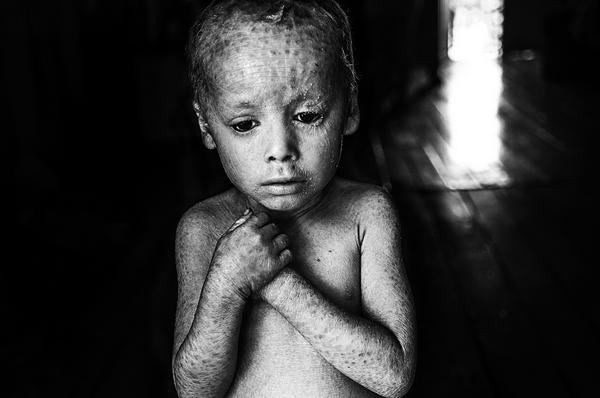
Roundup causes mutations in vertebrate morphology. It is the most widely used herbicide in the world, produced by the infamous Monsanto, which, according to the results of a study by the University of Pittsburgh published in Ecological Applications, the first of its kind, causes in the tadpoles that have been exposed to it the growth of longer tails.
He is about to end up run over, his mother saves him
Il Roundup causes mutations in vertebrate morphology. It is the most widely used herbicide in the world, produced by the infamous Monsanto, which, according to the results of a study by the University of Pittsburgh published in Ecological Applications, the first of its kind, causes moles green that you have been exposed to the growth of longer tails.
The author of the study is Rick Relyea, professor of biological sciences and author of over 80 scientific articlesi, which he was able to demonstrate by studying tadpoles in large outdoor pools of water that contained components of natural wetlands, such as pesticide-induced changes in vertebrate morphology were the same induced by predators, which emit chemicals that cause a mutation in tadpoles, such as for example longer tails to allow for a quicker escape.
“It was not surprising to see that the smell of predators in the water led to the transformation of the tadpoles' tails - says Relyea - this is a normal adaptive response. What struck us, however, is that Roundup also induced the same changes. In addition, the combination of predators and Roundup caused twofold changes in the tail ”.
In short, if it is normal that i tadpoles can change the shape of their body to better adapt to the environment, developing some bodily characteristics in the presence of predators such as the tail size, the fact that the Roundup can somehow interfere with the hormones of vertebrates, and potentially also of other animals, is of considerable concern.
"This discovery highlights the fact that pesticides, which are important for plant production and human health, can have unforeseen consequences for species that are not the target of the pesticide - concludes Relyea - and if herbicides they are not designed to affect animals, we are learning that they can have a wide range of amazing effects, such as changing the way hormones work in animals' bodies. " This is important because the amphibia they represent a fundamental indicator not only of ecosystem health, but also of potential dangers to other species in the food chain, including humans.
And once again, the multinational Monsanto, born in St. Louis in 1901, ends up under accusation, despite continuing to declare its intention to invest in sustainable agriculture, as stated on its website: "our mission is to propose technical and economic management solutions to the agricultural entrepreneur, innovative and efficient, through skills that have been developed with a clear and winning vision of the agriculture of the future; assume the responsibility of looking ahead of others by investing in sustainable agriculture, respectful of the environment and the health of consumers, attentive to the income of its customers; disseminating knowledge transparently through the experience and cultural diversity of its collaborators ".
Roberta Ragni
Read also Roundup creates genetic malformations and they have hidden it from us for 30 years

























